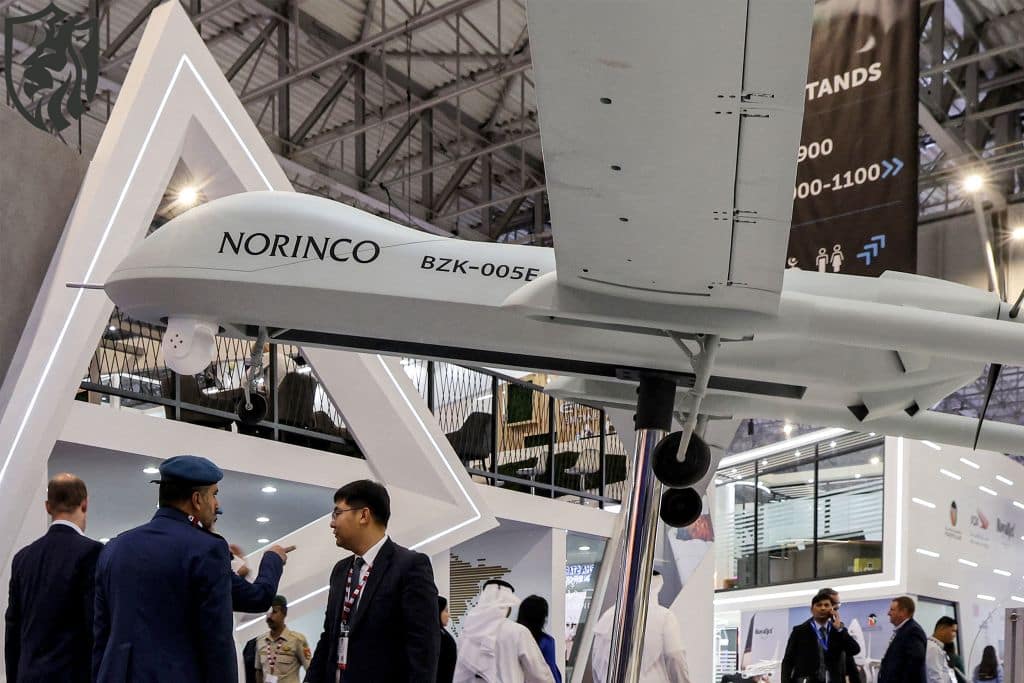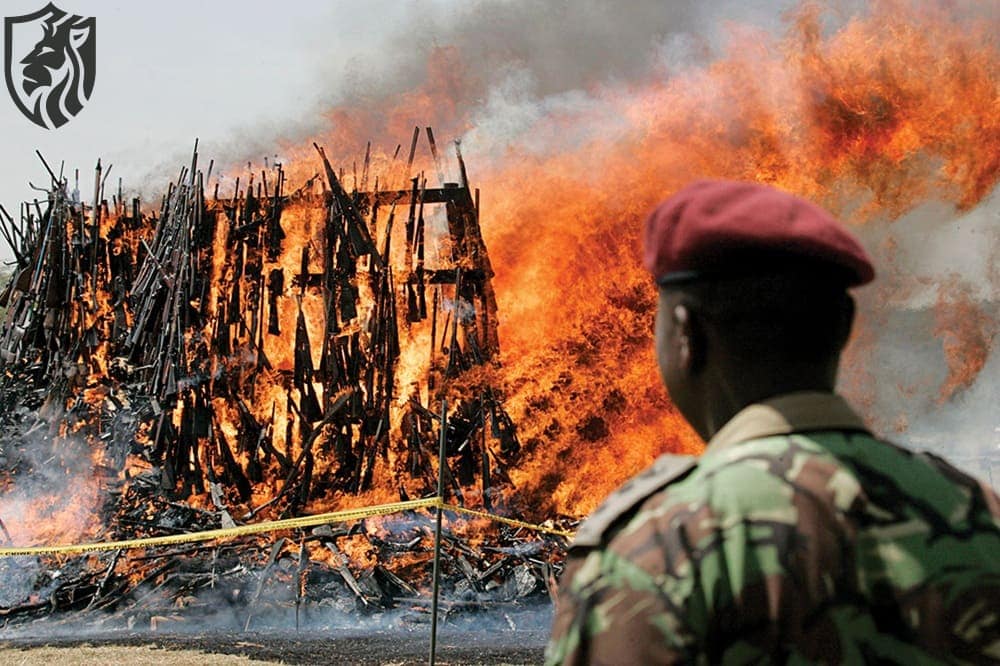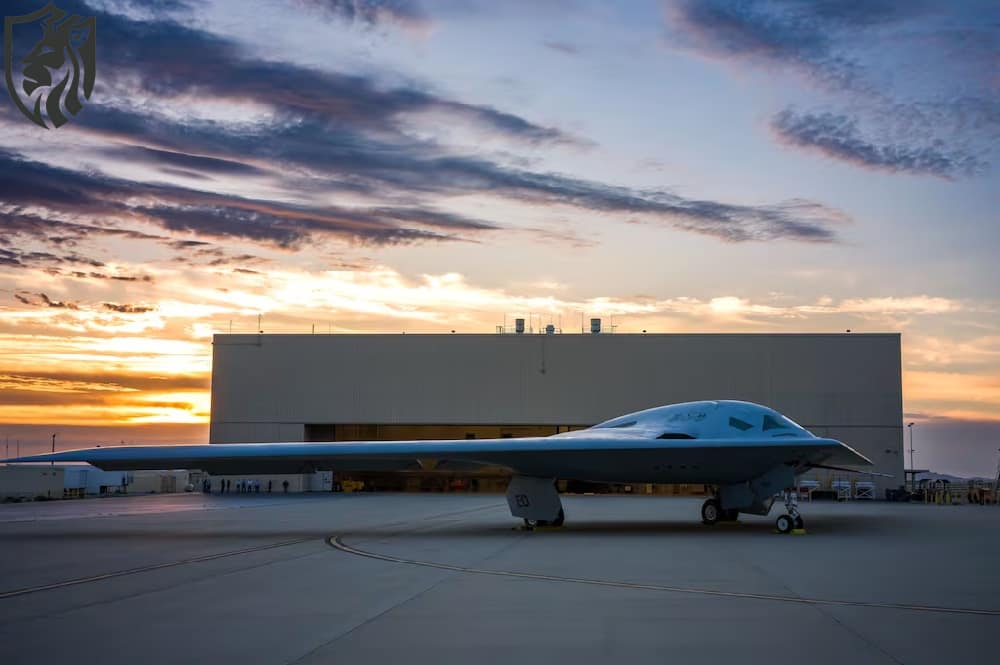
Chinese Weapons in Mali
In September 2024, Colonel Assimi Goita, the military leader of Mali, travelled to China and formalized a defense agreement with Norinco, a leading armament manufacturer in Beijing. This action marks a new phase in China’s military support for Mali, with both sides agreeing to enhance collaboration in equipment, training, and defense technology.
Mali’s defense minister, Sadio Camara, lauded the agreement, finalized prior to the removal of a West African regional embargo, as a demonstration of steadfast support.
China’s expanding military involvement in Mali shows Beijing’s ambition to establish itself as a key actor in African security. Analysts caution that this intensifying link may yield unforeseen repercussions.

China’s Security Strategy May Prove Counterproductive in Mali. Researcher Paa Kwesi Wolseley Prah, a postdoctoral scholar at Dublin City University, cautions that China’s focus on military interventions could exacerbate instability. Although counter-terrorism is the foremost priority, this strategy overlooks Mali’s governance issues and the societal origins of conflict.
The increasing military presence of China in Mali, if excessively dominating, threatens to entrap Bamako in a circle of dependency. Excessive dependence on Chinese military equipment and training could constrain Mali’s strategic independence, rendering the nation susceptible to potential supply interruptions or political manipulation by Beijing.
Political Influence and Authoritarian Tendencies
Since assuming office in 2020, Goïta has consistently postponed the reinstatement of civilian governance. His junta recently prolonged his mandate by five years—without elections and with the possibility of infinite extensions.
The expanding military presence of China in Mali may reinforce this authoritarian trend. Beijing upholds a non-interference policy about internal governance, a position that aligns with Mali’s military rule. This connection may impede democratization attempts, enabling the junta to solidify its hold on power.
Increasing Assaults on Chinese and Mining Interests
Mali ranks as Africa’s fourth-largest gold producer, with China making substantial investments in its extractive sectors, including a $130 million lithium and uranium exploration initiative in Kidal and Falea. Nonetheless, Islamist insurgents regularly target these resources.
On 12 May 2024, unidentified militants assaulted a gold mining location in Narena, around 100 miles from Bamako. Three individuals were murdered, and two Chinese nationals were taken. Mamadou Kanté, the deputy mayor, reported that terrorists incinerated Chinese-owned mining equipment before executing a subsequent lethal attack in the vicinity.
China’s expanding military presence in Mali increases security vulnerabilities for its citizens and investments, particularly those from organizations such as JNIM and Islamic State affiliates active in the Sahel.

Strategic Initiatives and the Debt Trap Issue
Beijing is sponsoring a $2.7 billion railway from Bamako to Dakar, highlighting its economic aspirations in the region. Mali’s indebtedness to China has already approximated $13 billion.
Critics, including Prah, characterize this approach as “debt-trap diplomacy,” cautioning that such financial entanglements could augment Chinese influence over Mali’s policies.
China’s expanding military presence in Mali, along with substantial infrastructure loans, affords Beijing both hard and soft power influence over the nation.
Recommendations for the Strategic Future of Mali
Prah advocates for Mali to issue transparent reports on military aid, implement civilian-led security reforms, and diversify its international relationships to mitigate Chinese influence.
We should consider China’s expanding military presence in Mali in the context of the ongoing need for regional integration and democratic advancement. Expanding partnerships with neighboring African nations and global forces could potentially strengthen Mali’s strategic resilience.








